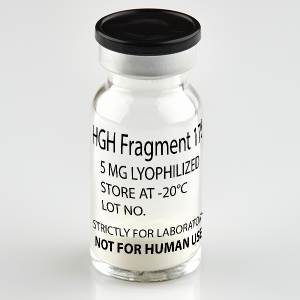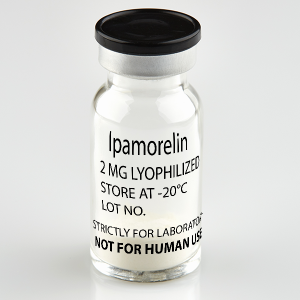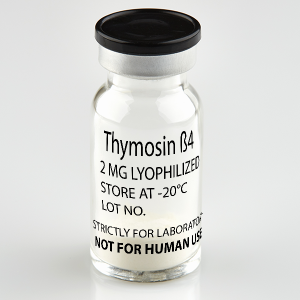Peptide Blog
Thymosin alpha-1 is a naturally occurring peptide fragment that was discovered in 1972. It has since been studied in clinical trials for cystic fibrosis, infection (e.g. tuberculosis, cytomegalovirus), respiratory disorders, chronic hepatitis, and cancer. It is currently approved for use in fighting chronic hepatitis B and C infections in 35 under-developed nations.
TB-500 is a derivative and synthetic analogue of thymosin beta-4 (TB-4), which is found naturally in nearly all mammalian cells. TB-500 is known for its effects on actin protein, cell migration, and wound healing. TB-500 has been shown in animal models and in vitro studies to improve blood vessel growth, accelerate wound healing, decrease inflammation, and promote extracellular matrix production. The peptide is under current investigation for its ability reduce oxidative stress in spinal cord injury, improve recovery following heart attack, and for its many anti-aging effects.
TB-500 is the active domain of TB-4, which has a primary role as an actin binding protein. Actin is a critical component of cell structure and makes up microfilaments. Microfilaments are responsible for giving cells their shape, protecting the integrity of cell membranes, allowing cells to move/migrate, and certain steps in cellular reproduction. Actin is also one of the primary components of muscle protein. Without actin, muscles could not contract. Actin binding proteins, like TB-4, sequester actin monomers, the individual units of actin, so that they are protected from degradation and are available for polymerization into microfilaments when needed.





